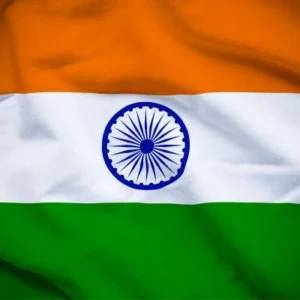From 23 to 26 September 2025, the World Health Organization (WHO), alongside health ministries, pharmaceutical donors, implementing partners, and technical support platforms, convened three major meetings in Geneva to strengthen coordination and stewardship of supply chains for neglected tropical disease (NTD) medicines. The gatherings—the NTD Supply Chain Forum (NTD-SCF), the Supply Chain Technical Support Mechanism (SCTSM), and the Global Coordination and Stewardship Committee (GCSC)—brought together over 150 global and national stakeholders to focus on improving forecasting, logistics, sustainable financing, and last-mile delivery to ensure health products reach populations in need.
WHO emphasized its role in advancing the 2030 NTD Road map targets by promoting innovation, governance, and country-led solutions. Dr. Daniel Ngamije Madandi highlighted the unique collaboration across public and private actors in the NTD partnership, calling for clear priorities, alignment across mechanisms, and renewed determination to deliver medicines effectively.
The NTD-SCF meeting, held on 23–24 September, gathered over 100 stakeholders to reinforce global supply chain collaboration and data-driven decision-making. Discussions focused on enhancing forecasting and planning tools, improving country ownership through data-led processes, strengthening logistics and partner coordination, and aligning governance mechanisms to serve as shared global resources rather than limited pilots. Examples such as India’s strengthened national-level supply chains demonstrated the impact of integrating data-driven approaches.
During the SCTSM meeting on 25 September, participants reviewed progress in country-level forecasting and supply planning. Case studies from Ethiopia, Kenya, Uganda, and Tanzania highlighted both advances and ongoing challenges. Key outcomes included refining forecasting tools like the Multi-Year Forecasting (MYF) platform, addressing data quality issues, aligning NTD processes with national medical stores and electronic logistics management systems, and exploring AI-assisted data validation. Action items included improving reverse logistics, expanding peer exchanges, and developing training materials to support capacity building and sustainability.
The GCSC meeting on 26 September, co-chaired by WHO and Merck, reaffirmed its mandate as the strategic oversight body for the global NTD supply chain. Participants reviewed progress against key performance indicators, focusing on governance, accountability, and forecasting readiness. Discussions highlighted the need to identify systemic risks, clarify escalation protocols, and consolidate roles and responsibilities. Emphasis was placed on scaling country-driven innovations, ensuring consistency in forecasting models, and positioning global tools as accessible resources for all NTD programmes.
Together, these three meetings marked significant progress in strengthening global and regional coordination across NTD programmes. By aligning innovation, governance, and country ownership, WHO and partners are building a more resilient, accountable supply chain system that links programme goals with delivery priorities. Commitments to enhance forecasting, expand peer learning, clarify responsibilities, and integrate global platforms into national systems are advancing a unified, data-driven approach toward achieving the 2030 NTD Road map targets, with progress to be reviewed in 2026.






